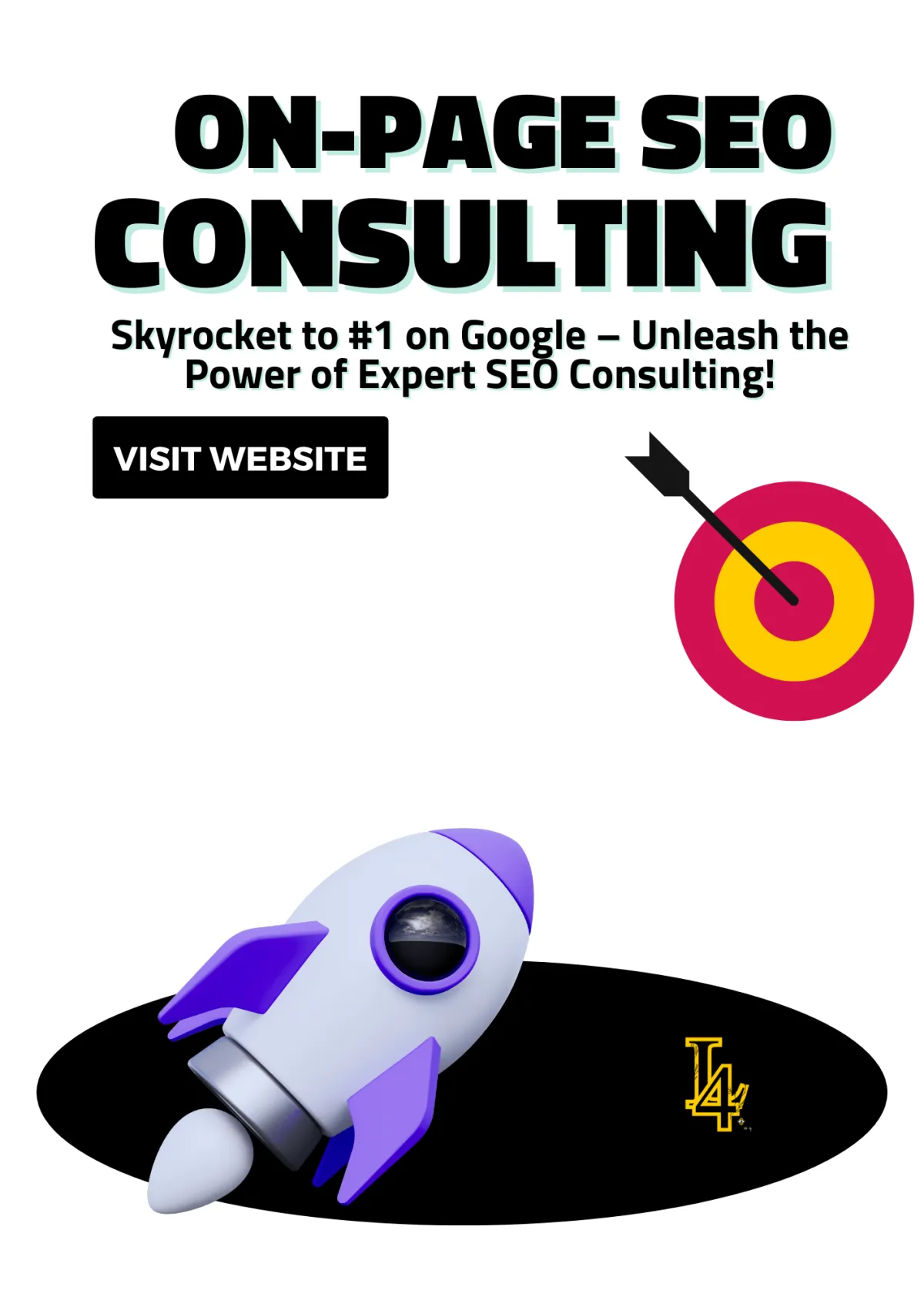
Mastering The Best Tools For SEO
Welcome to your go-to guide for mastering keyword research, an essential step in boosting your website to Google's top ranks. We're here to explore the best tools and strategies that will help you uncover the perfect keywords—those that not only make your site more visible but also draw in the right kind of visitors. Whether you're working with Google Keyword Planner, SEMrush, or another amazing tool, we'll guide you through finding the ideal blend of keywords to attract valuable customers right to your virtual doorstep. Let's dive in!
The Best Keyword Research Tools & TipsYou Never Knew You Needed


Keyword research is the first step to developing a successful strategy and getting your website to rank #1 on Google. To do this effectively, you need the right keyword research tool to find terms that make your landing page more visible and attractive to potential customers. Using tools like Google Keyword Planner or SEMrush, you can identify the best keywords with high search volume and low competition, helping you build an SEO strategy that drives traffic and boosts your rankings.
Primary and Secondary Keywords
Primary Keywords:
- These are the main search terms directly related to your content. For example, if your landing page is about "affordable web design services," your primary keyword would be "affordable web design."
- Tools like [Google Keyword Planner](https://ads.google.com/home/tools/keyword-planner/) and [SEMrush](https://www.semrush.com/) are great for finding primary keywords with high search volume and relevance.
Secondary Keywords:
- These support your primary keywords and add more detail. For instance, if your primary keyword is "affordable web design," secondary keywords might be "cost-effective website design," "professional web design services," or "best web design company."
- Use the same tools to find related terms that people might use when searching for your services.
Using Keyword Research Tools
1. Google Keyword Planner:
- Enter your primary keyword to see a list of related terms, their search volumes, and how competitive they are.
- Look for keywords with high search volume but low to medium competition.
2. SEMrush:
- Use the "Keyword Magic Tool" to find a wide range of related keywords.
- SEMrush provides keyword difficulty scores, so you can focus on terms with lower competition (ideally under 50).
Target Keywords with High Search Volume and Low Difficulty
- High search volume means lots of people are looking for these terms, making them valuable.
- Low difficulty (under 50) means fewer competitors are targeting these keywords, so you have a better chance of ranking higher.
Research Your Competitors

1. Analyze Competitor Keywords:
- Tools like SEMrush let you enter your competitor’s website and see which keywords they rank for.
- Identify high-performing keywords your competitors use and consider adding them to your content.
2. Gap Analysis:
- Find keywords your competitors rank for but you don’t. This shows you new opportunities to target and fill gaps in your strategy.
By conducting a gap analysis with the best keyword research tools like Ahrefs, SEMrush, or Moz, you can:
Identify Missed Opportunities: Find valuable keywords your competitors are using that you're not yet targeting.
Improve Content: Pinpoint areas where your content is lacking compared to competitors.
Boost Traffic: Target keywords with high search potential to fill those gaps and increase traffic to your site.
Optimize SEO Strategy: Adjust your SEO strategy to focus on competitive advantages and outperform competitors in search rankings.
3. Content Analysis with Keyword Research Tools:
To boost your content's performance and SEO, you can use keyword research tools to analyze the top-ranking pages for your target keywords. Here's how to approach it:
Study Competitors' Content: Use tools like SEMrush or Ahrefs to identify the top-performing pages for your keywords. Analyze the structure, content length, and overall format. What topics are they covering, and how are they delivering value to their audience?
Keyword Usage: Look at how these pages incorporate primary and secondary keywords. Tools like Moz or Ubersuggest can show you how often keywords are used, where they appear (headings, meta descriptions, etc.), and whether they are being effectively utilized for SEO.
Find Strengths: Understand what makes these pages rank well. Are they using long-tail keywords? Are they utilizing internal links effectively? Keyword research tools help you see keyword density, content readability, and user engagement metrics.
Identify Weaknesses: Spot areas where competitor content falls short. Are there gaps in the information? Are they missing relevant keywords or content opportunities? Tools like Ahrefs provide insights into keyword gaps and competitive weaknesses.
Optimize Your Content: Once you’ve analyzed the top-ranking pages, use the data from your keyword research tools to create superior content. Focus on improving keyword integration, addressing unanswered questions, and enhancing the overall user experience to rank higher.
Using keyword research tools for content analysis ensures you make data-driven decisions that lead to better SEO performance and higher search rankings.

Long-Tail Keywords
- Long-tail keywords (e.g., "affordable web design services for small businesses") are more specific and less competitive, attracting highly targeted traffic.
- These keywords might have lower search volumes but usually lead to higher conversion rates because they match specific search intents.
Less Competition: Because they are so specific, long-tail keywords often have lower competition. This means your content has a better chance of ranking higher in search engine results pages (SERPs). For small businesses, this is a significant advantage because it allows them to compete effectively against larger companies.
Tools for Keyword Research
- Ahrefs: Great for detailed keyword analysis and competitor research.
- Ubersuggest: Useful for finding long-tail keywords and content ideas.
- Moz Keyword Explorer: Another robust tool for identifying keyword opportunities and analyzing competition.
Conclusion: The Best Keyword Research Tools & Tips You Never Knew You Needed
Keyword research is the key to building a successful SEO strategy. Using tools like Google Keyword Planner, SEMrush, and Ahrefs, you can uncover valuable keywords that drive traffic and help your website rank higher. It’s not just about finding popular search terms—it’s about choosing the right mix of primary, secondary, and long-tail keywords that align with your business goals.
By analyzing competitor keywords and doing a gap analysis, you can discover missed opportunities and refine your strategy. Incorporating long-tail keywords allows you to target more specific search intents, which often leads to higher conversions with less competition.
At the end of the day, investing time in keyword research ensures that your content reaches the right audience and sets your site up for success. So take the time to explore these tools and create a strategy that works for your business!






















